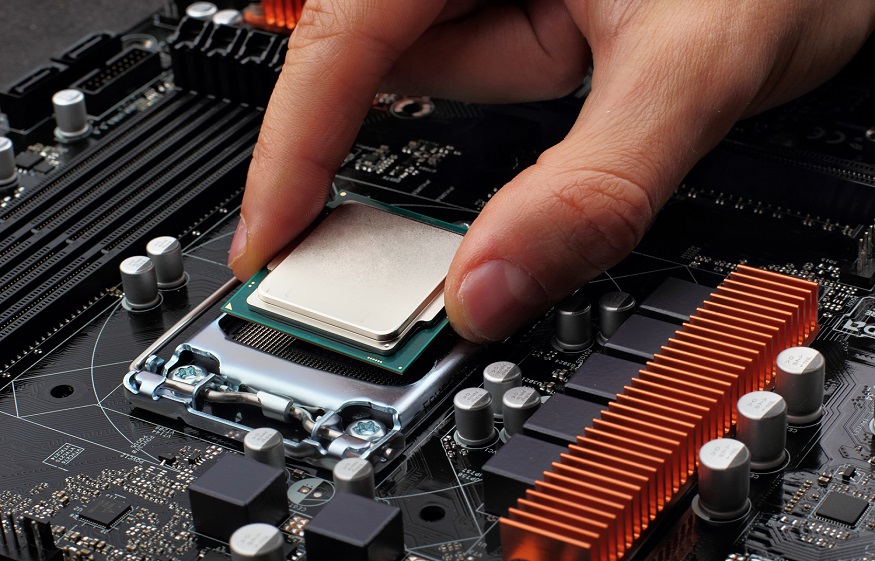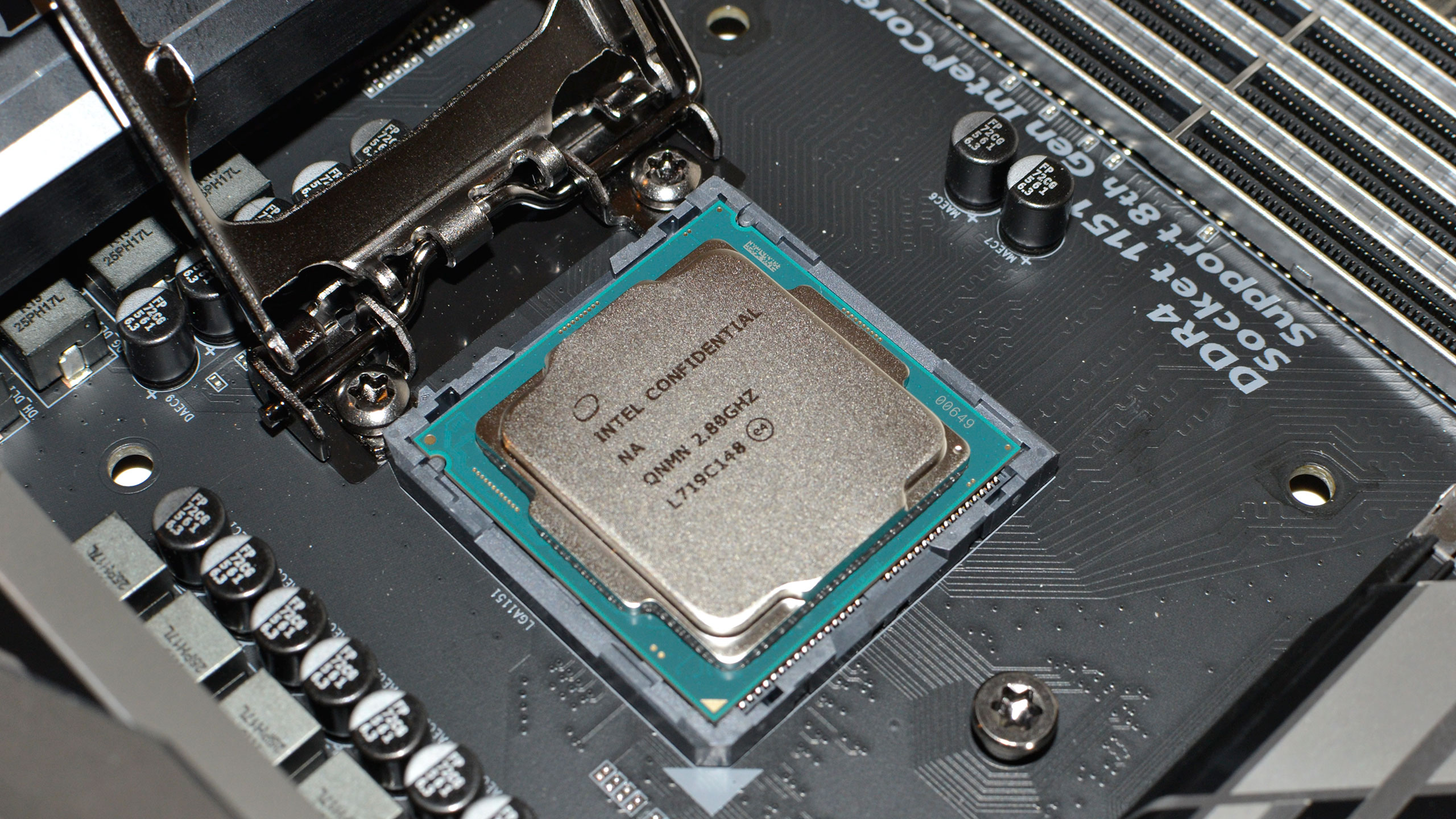How Does Computer Processor Speed Affect Internet Speed?

For things to happen quickly and effectively, computers are complete systems that need everything to function together. The rest of the system would have to wait for any sluggish parts of the system to complete. A bottleneck is a point in a computer's computing power where the processing power is constrained. Your Processor will be the bottleneck that slows down your Internet surfing if it is outdated.
Internet Browsing Process
The speed of the server that hosts the web determines how fast you can browse the internet. The speed of the link between that site and your Internet service provider, then the speed of your Internet connection, and finally the speed of your computer's network card, all have an effect.
Much of this happens before the data ever reaches your browser. When the browser takes over, it must make the page by examining the Hypertext Markup Language code and calculating what must be done. Some websites use very basic HTML and only view text, necessitating little computing power.
Other websites need a significant amount of processing even after they have been downloaded to your computer. Some website code, such as Java, will continue to consume processor and memory resources on your system even after the page has completely loaded.
Processor Speed
The more details a website needs, the more your Processor will be used to render it. A video streaming site, for example, requires your Processor to not only render text but also decode and display video. If you're using multiple tabs in your browser, for example, a slow CPU can fail to handle media-rich sites or render multiple pages at once.

Memory Leaks
Memory leaks may occur as a result of websites or browser components, consuming processing resources on your computer. Memory leaks occur when an error in the code prevents the device memory from being released after it has been used, instead of allocating more memory to the same operation. Memory leaks can be found by looking at your computer's task manager (in Windows, click Ctrl+Shift+Esc) and looking at the memory number for your browser in the Processes tab. A memory leak is likely if the memory number continues to rise. You can restore memory by closing and reopening your window, but if the problem persists, you should consider disabling any add-ons or plugins that might be causing the leak.
Optimization and Solutions
To speed up your browsing experience, keep the number of tabs open to a minimum. Maintain the most recent versions of your browser, extensions, and plugins. Close and reopen your tab on a regular basis. Disable or uninstall any extensions or plugins that you might not be using.
Check to see if one website is causing your computer to slow down; if possible, find a replacement for that website. While a slow CPU does not prevent you from surfing the web, it does have a huge impact on your browsing experience.
Final Thought
There are a lot of factors that affect how fast can you browse the internet. This article tells about how your computer itself can be the reason why you are experiencing slow loading on your browser. If you have a nice and updated computer then maybe you want to try and upgrade your internet.
Get Cheap and Reliable Internet Service here:
_1621005330.png)
Related Posts
 cheap internet deals
cheap internet offers
cheap internet plans
cheap internet deals
cheap internet offers
cheap internet plans
Unlimited Internet Plans in the US: What’s the Catch?
Are unlimited internet plans in the US truly unlimited? Learn about data caps, throttling, pricing, and how to choose the right plan.
 Technology
Technology
15 Intriguing Facts About the Internet You’ll Love
15 intriguing facts about the internet, from submarine cables to data usage trends and speed insights that impact your daily connection.
 Safety
Safety
Always Check the Website You Visit
Learn how to check if a website is safe before entering personal information. Protect yourself from scams, phishing, and malicious websites.
 Safety
Safety
How to Secure Video Calls and Prevent Hacks
Learn how to secure video calls, prevent meeting hacks, enable MFA, protect accounts, and safeguard remote meetings with practical security best practices.
 Internet Bundles
Technology
Internet Bundles
Technology
Is AT&T Customer Service Good? Support Review
Is AT&T customer service good? Explore support options, phone numbers, live chat access, and real performance insights for residential and business users.